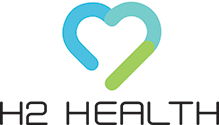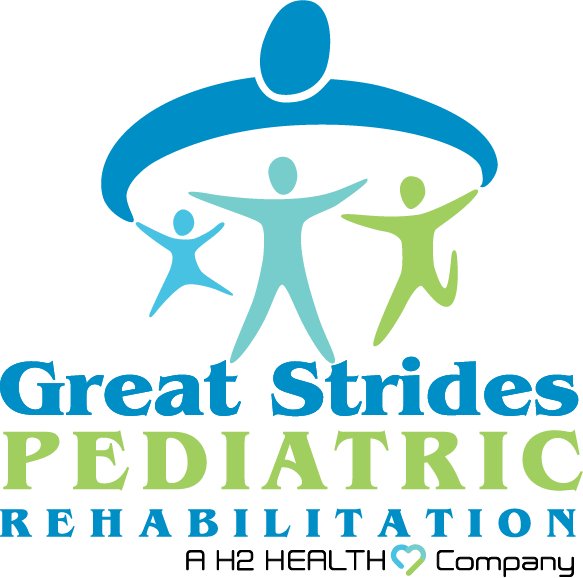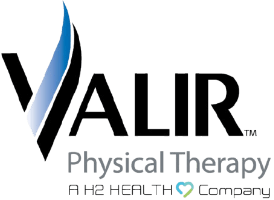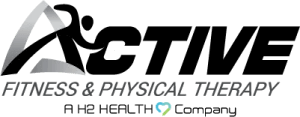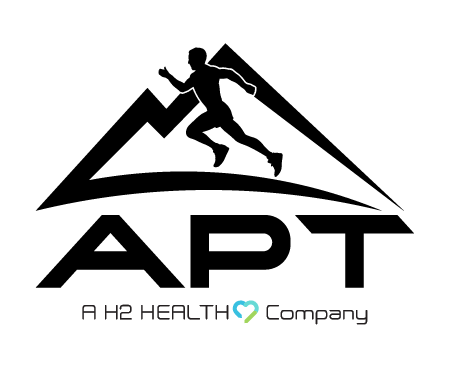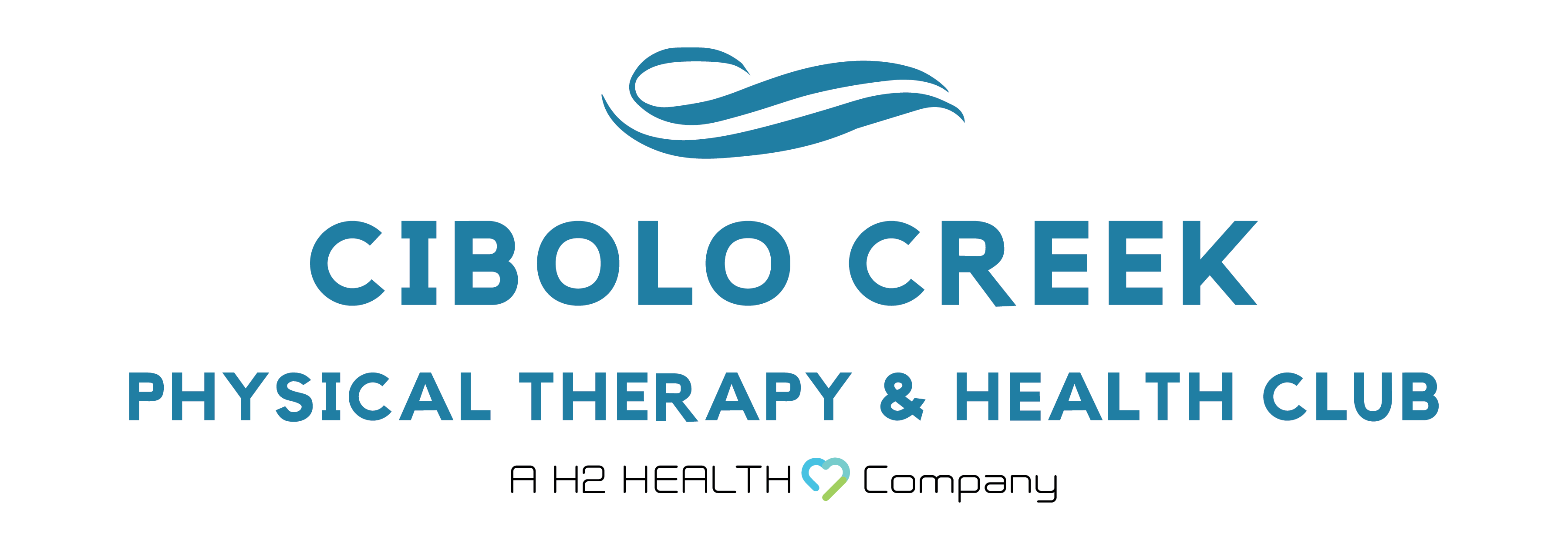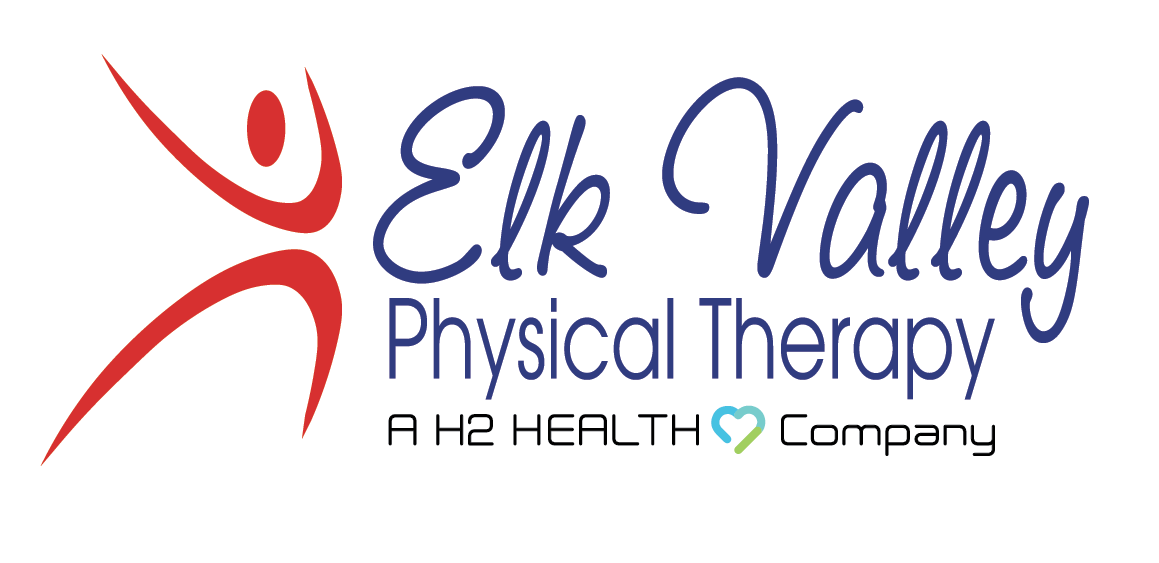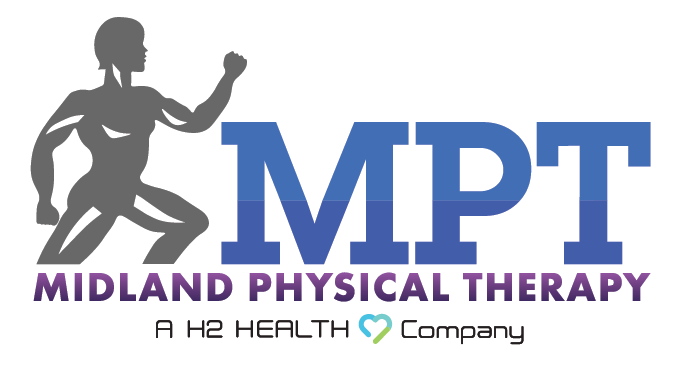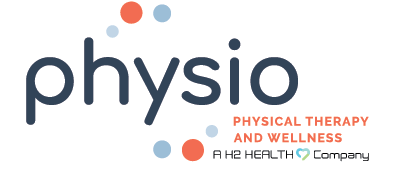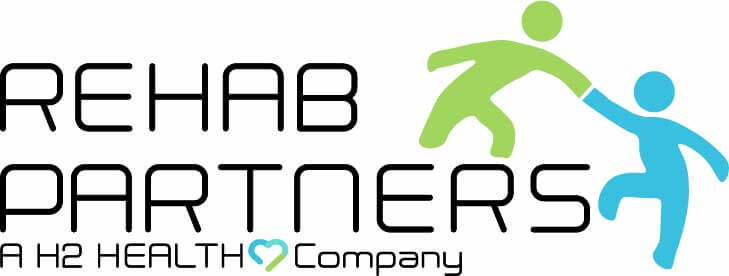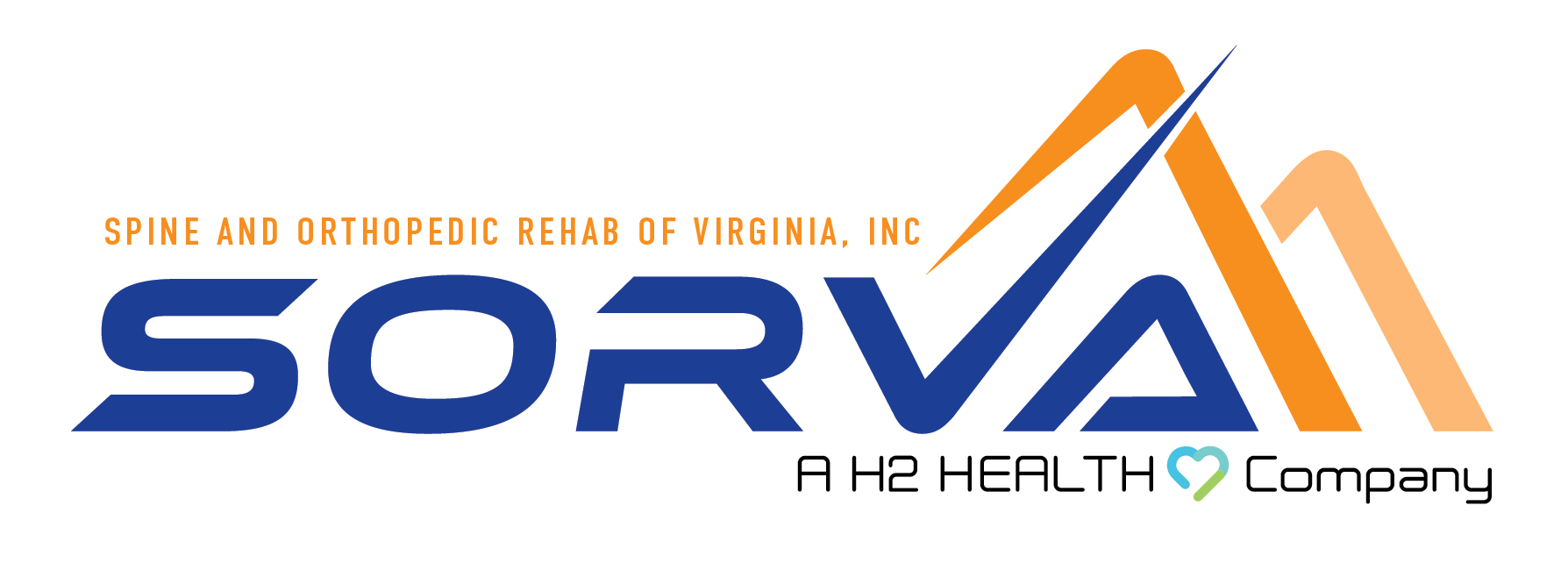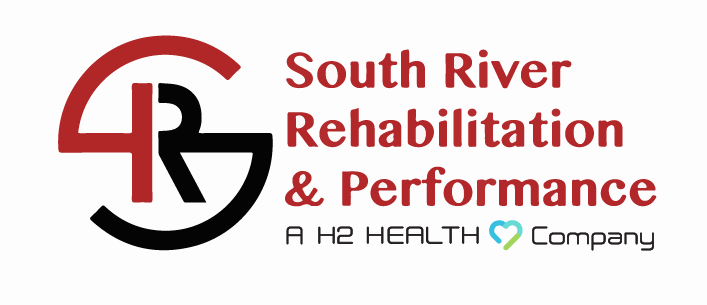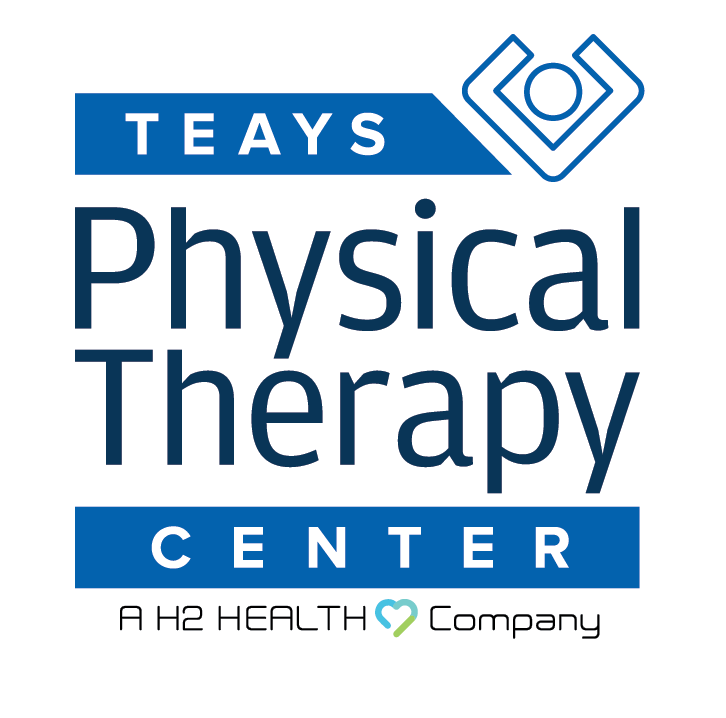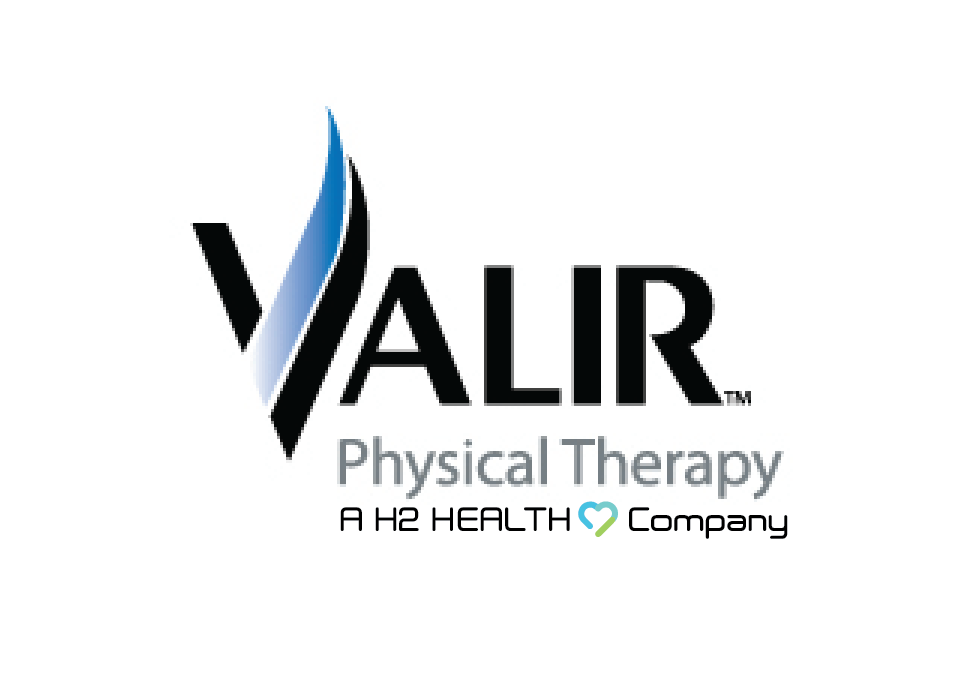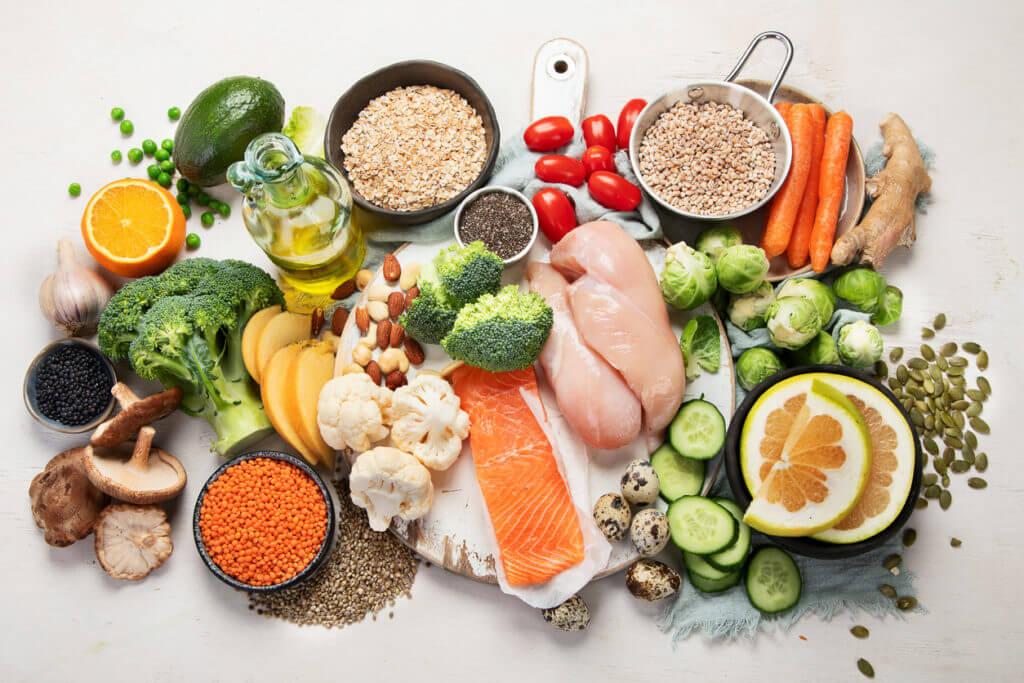
Physical therapy is a crucial component of recovery for many individuals, and a proper diet can help ensure its success. A balanced diet helps promote health, prevent disease and illness, and improve performance and recovery from different conditions. By staying well-hydrated and eating balanced meals, you can maximize your physical therapy outcomes. This March, let us celebrate National Nutrition Month by choosing healthier meals and being more physically active. In line with this occasion, let’s explore the role of diet and hydration in physical therapy and overall health.
National Nutrition Month
National Nutrition Month is a campaign started by the Academy of Nutrition and Dietetics in 1973. The goal is to encourage people to adopt healthy eating habits.
It aims to raise awareness about the benefits of a balanced diet. It also educates individuals on how to make healthier food choices.
The theme for 2023 is “Fuel for the Future.” Adopting a sustainable approach to eating is good for our overall well-being and also for the environment. In this campaign, various groups work together to promote the significance of quality nutritious meals. These groups include:
- Health organizations
- Schools
- Communities
Good food choices fuel individuals for the day and create a long-lasting impact on their future.
It’s so significant that healthcare professionals, like physical therapists, pursue non-degree certifications just to give more detailed advice regarding nutrition.
The Role of Nutrition in Physical Therapy
Proper nutrition is essential for optimal recovery and healing. Generally, it provides the body with the necessary energy and nutrients to do the following:
- Support tissue repair
- Reduce inflammation and pain
- Promote recovery
- Improve physical functioning
Patients who undergo physical therapy treatment might also have nutritional deficiencies. Understanding nutrition is crucial for resolving issues such as:
- Undernourishment
- Muscle mass loss
- Weakness
- Weight loss
Physical therapists are experts in assessing muscle strength and mass. If patients don’t address poor eating habits, they may not maximize the benefits of therapy.
Combining nutritional and physical therapy interventions can enhance the patient’s quality of life, function, participation, and activity.
The Importance of Water on Overall Health
Nutrition plays an integral role in the success of physical therapy. However, nutrition involves more than just the intake of solid food.
We must also consider another significant component — hydration.
Water is an essential part of maintaining excellent health. Staying hydrated helps maintain the body’s fluid balance, which is ideal for optimal performance and recovery. Proper hydration also contributes to the following:
- Regulating body temperature
- Removing waste products in the body
- Providing necessary nutrients to the cells
- Preventing several health problems
Without potable water, we will not survive.
Dehydration and Overhydration
About 60% of our body consists of water. As such, our internal systems will malfunction if we are dehydrated, leading to a range of symptoms like:
On the other hand, we must be careful not to drink excessive amounts. It is possible to overhydrate, especially in athletes and some people with specific medical conditions.
If severe, overhydration can exhibit symptoms similar to dehydration, like confusion and seizures. This condition will require medical intervention.
8 Glasses of Water A Day?
The amount of water required by an individual varies. This is based on several factors, including:
- Age
- Gender
- Activity level
- Overall health
Women who are pregnant or breastfeeding require more water. The same goes for individuals with specific health conditions like congestive heart failure, renal disease, severe infections, and diarrhea.
Age and gender generally determine the recommended daily water intake for healthy individuals.
On average, women need about 11.5 cups of total water per day, and men about 15.5 cups. This amount includes water from both food and beverages.
Around 20% of the water needed is typically obtained from food. This leaves women to consume 9 cups of fluid and men around 13 cups per day to compensate for water loss.
Generally, around two liters of water per day is good for the body.
Maintaining A Balanced Diet
Consuming a variety of foods provides the energy needed for successful physical therapy outcomes by:
- Facilitating recovery of muscle mass through moderate protein intake
- Decreasing the occurrence of non-communicable diseases
- Lessening the risk of chronic disorders such as type II diabetes
Adequate hydration and daily energy intake are crucial for the body to function and prevent injuries. A consistent diet with enough calories, carbohydrates, protein, fluids, vitamins, and minerals is essential for injury prevention and rehabilitation.
Unfortunately, most Americans consume more calories than their bodies require but still do not receive adequate nutrition. That makes them more susceptible to complications after an injury.
While nutrition and adequate water intake alone may not prevent all types of injuries, they can promote recovery.
Reliable Physical Therapist in Texas and Florida
Do you want to improve your overall well-being? Look no further than H2 Health! Our expert therapists specialize in general orthopedic physical therapy. We also offer a range of services, including massage therapy, acupuncture, chiropractic care, and nutritional counseling. With complete examinations, tailored treatment plans, and ongoing follow-ups, our team can help you get back to feeling your best. To know more about our services, call us today at (800) 699-9395. If you would like to schedule a consultation, please use our online appointment request form.
